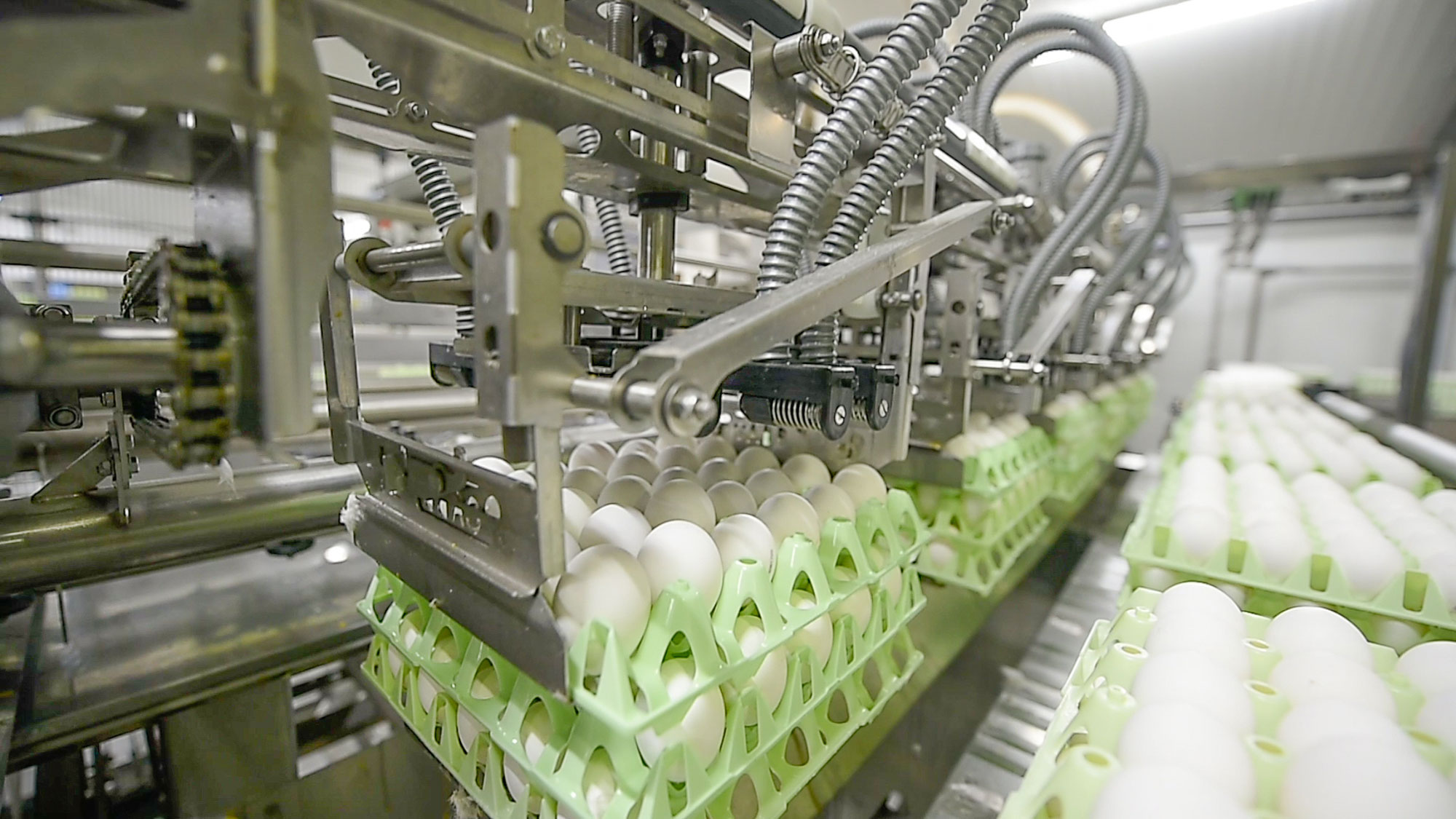
Eggs Packaging on Behance
Additional Tips for Packing Eggs While Camping. Pack your eggs in a cool, dry place, and avoid putting them at the bottom of the cooler. An insulated bag or a hard-sided cooler are excellent methods of keeping them cool while traveling in the car and on the hike to your campground.

Modular Egg Packaging egg packing
To pack eggs for camping, use a sturdy container and secure them with padding. When planning your breakfast at the campsite, it's important to know how to pack eggs for camping. Without proper packing, the eggs can break, leading to a mess and wasted food. Storing eggs while camping requires some attention to detail, but it's worth it in.

Eggs in packing stock image. Image of brown, dozen, protein 13599729
Final Words for Pack Eggs for Camping. Packing eggs for camping might seem like a daunting task, but with the right information and tools, it can be simple and stress-free. By choosing the right type of eggs, packing them carefully, and following the necessary safety precautions, you can enjoy delicious and nutritious egg meals on your camping.

Egg Pack on Behance
Type 1. Packing eggs with clean and odourless rice husks, wheat chaff or chopped straw in a firm walled basket or crate greatly decreases the risk of shell damage. An example of this can be seen in the forefront of Photograph 16. It is also be possible to pack eggs in a simple basket as seen in Photograph17.

Eggs Packaging on Behance
Pack hard boiled eggs with you. Hard-boiled eggs are a great source of protein and can be a lifesaver when you are on the go. Because they are so fragile, properly packing them is key to preventing broken yolks and cracked shells. There are several ways to pack hard-boiled eggs while backpacking: Use an egg container. Use a sealable freezer bag.

Egg in packing for sale stock photo. Image of abundance 25479352
Leave the eggs in their shells when bringing hard-cooked or raw eggs on trips. In an insulated bag or cooler with ice or frozen packs, place eggs, especially those used in cold dishes like deviled eggs. To help preserve these eggs at 40° F or below, place the cooler in the shade and open it sparingly.

Egg Crate for GT Tubes Amplified Parts
1) Eggs must be kept cold so they don't spoil on the trail. You can do this by packing them in a cooler with ice or by freezing them in a freezer bag before packing them in your backpack. 2) Eggs must be protected from breakage and contamination while traveling, especially if they're packed in a cooler without ice packs or freezer packs.

Egg Packing Machine Science Meets Food
2. Poached eggs: An egg cooked outside of its shell through poaching instead of boiling is known as a poached egg. Another excellent choice for camping is poached eggs. Crack the eggs and put them in a cup or other container, add boiling water, and mix. You can place them in a jar with some ice once cooked. 3.

Egg packing stock photo. Image of brown, breakfast, diet 139910886
Designate space for the various packing materials and equipment. 2. Gather Packing Materials. Collect all the necessary packing materials, including egg cartons, labels or stamps, egg scales, a clean work surface, and containers for cracked or dirty eggs. Ensure that these materials are clean and free from contaminants.

How we pack eggs for safe shipping
1 to 2 days, up to 2 weeks with farm fresh eggs. 72°F (22°C) or lower for farm fresh eggs, 38°F (3°C) for conventional eggs. Water bottle / mason jar. Car camping, RVing, base camping, any trip where you bring a cooler. 1 to 2 days stored in cooler, potentially longer if weather is cold.

Feature driving egg packing equipment forwards Poultry News
Here's how it's done: Find a wide-mouthed, hard-sided water bottle. Place your eggs in the bottle (carefully!). Fill the bottle with cold water and close the lid. To improve the shelf life of your eggs, insulate the bottle with a sock or plastic bag and refresh the water once you get to camp. Pros.

m o n s t o p . Packaging Design Egg Packaging
Hard-boiled eggs: This is probably the easiest way to pack eggs for camping. All you need to do is boil them before you leave and then pack them in a container with some ice. By doing this, they should stay fresh for up to a week. 2. Poached eggs: Poached eggs are another great option for camping.

Egg packaging design free image № 16487
Versatility: Mason jars have various sizes available, allowing you to pack eggs in the right quantity for your needs. They can also be used for storing other food items or beverages, making them versatile and multi-functional. How to Pack Eggs in a Mason Jar. To pack eggs in a mason jar, crack each egg into a separate small bowl or container first.

Egg packing station Egga Food
As I always say in the beginning of backpacking food posts, there are 3 things to consider when looking for a hiking food: High calorie/weight ratio to leverage more energy per unit weight carried, High protein and fat content as they're almost always digested slower compared to carbs and hence keep you more satiated [1] AND fats provide more.
Check Out This BilliardInspired Egg Carton Packaging Dieline
8. Freeze In Plastic Bag. Cracking your eggs into a Ziplock bag before your trip is an easy way to store them for camping. You can crack them and whisk them, or crack them directly into the bag and leave the egg yolk intact. Then, freeze your plastic ziploc bags for ready-to-cook, pre-cracked eggs.

A Unique Modern Egg Packaging With a Distinctive Shape and Aesthetic
When packing eggs for camping, you have several options. You can coat camping eggs with mineral oil to extend their shelf life, use an insulated bag or hard-sided cooler to keep them fresh, carry whole eggs in a secure container, use powdered eggs, or crack eggs into plastic bottles or zip-lock bags.